WOMEN WITH GRITT: UMA Oils Founder Shrankhla Holecek On Growing Up In India, Launching A Global Brand & Why You Should Always Ask For A Hotel Upgrade
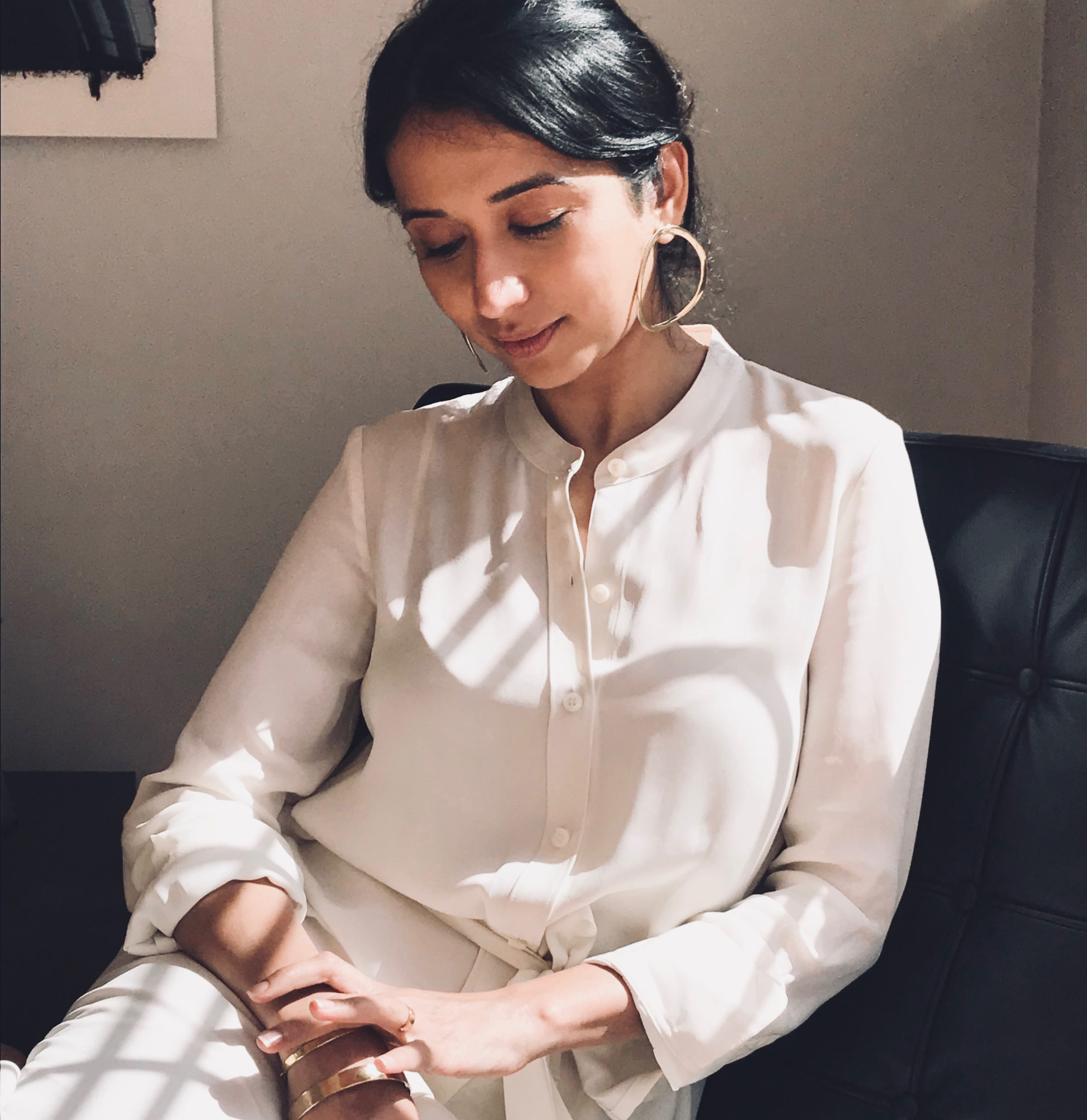
“[A male] my age and in my roles would be able to puff up their chest more... At the same time, I think that a sense of humility and gratitude to everyone who’s helped you along the way can be an asset.”
Welcome to Women with GRITT: a series where we interview the resilient, hardworking women who have kicked in the glass ceiling and inspire us to do the same.

There are a lot of beauty brands out there. (Emphasis on a lot.) And every single one of those brands has a founder with a story to tell. We’ll be honest, sometimes those stories all start to sound the same – that is, until we spoke to Shrankhla Holecek, founder of UMA Oils.
UMA is a skincare and wellness brand with roots in 5000-year-old wisdom of Ayurveda and an emphasis on overall wellbeing. Technically speaking, UMA was founded in 2016; however, there’s a bit more to it than that. Holecek’s family runs an 800-year-old company that harvests essential oils in India and distributes them throughout the world to everyone from Estee Lauder to Tom Ford. Between the two of us, the Holeceks are damn good at what they do – so good in fact, they’ve been the Ayurvedic physicians for the Royal Family in India for centuries and the gatekeepers of custom-blend oils that have been passed down through generations.
Now, regular joes like you or I have access to these formulas that were previously kept under lock and key; Holecek has taken the essential oils farmed by her family and bottled them in a way that is accessible to Westerner consumers. UMA products fall into three categories (although if you subscribe to Ayurveda, all three are intrinsically linked): skincare, body care and holistic healing. UMA has a full skin and body offering (think oils, toners, masks, etc.) along with wellness oils (to foster feelings of calm, energy and bliss) and supplements.
Growing up in India, it was expected that Holecek would graduate and take over the family business – but she had other plans. While she did eventually make her way back to the essential oil game – by way of her own business in UMA – Holecek forged her own path, first studying engineering before doing an MBA at The University of California in Los Angeles and then working as a consultant at McKinsey and Company.
In this interview, Holecek speaks to Gritty Pretty about growing up in India and the responsibility her family has to its employees, what it takes to launch a global beauty business, how to cultivate self-confidence and why you should always (always!) ask for a hotel upgrade.
Shrankhla, hi! Before we dive into all-things UMA, we’d love to know more about you. First of all, where did you grow up and what was your childhood like?
My family lives and farms in central India which is a beautiful but also very rural part of India. They were based there when I was growing up and they are still based there. I spend my summers and winters at my family home but my mother wanted me to go to boarding school because education wasn’t quite as developed in that part of India. So I went to boarding school in the northern part of India, at the foothills of the Himalayas.
When I was very young, I remember having a close connection to nature; I remember appreciating all of the earthiness and flowers that surrounded me. We also lived in harmony with the animals. Going to boarding school was an interesting [experience]. For the first time, I was exposed to a very fast-paced way of life that I hadn’t seen before.
Your family runs an 800-year-old company that supplies some of the world biggest beauty brands — including Estee Lauder and Tom Ford — with essential oils. Is it true that your relatives have been supplying the Indian Royal Family with custom-blend essential oils for centuries?
Yes, that is true. [Ayurvedic blends] are all individually crafted so over the years, we developed hundreds of formulas for a King or a Queen that was particularly stressed or a baby that was very colicky and had some kind of skin eczema versus a Prince or a Princess that had a different kind of ailment. There was a lot of individual crafting and over the years.
Growing up on the farms where your family grew and harvested its oils, you must have taken in a lot of information by osmosis. Looking back on that time, what did you learn from the way your family conducts business?
I’d start by underscoring the word family in the business [because] it is truly a business architected around people. Family was a very important part of how my grandfather and father raised the business and the community around it. People are relied upon to bring their best and their best is always what the company looks after. It’s a very non-financially motivated business in many ways.
Your farms have a free of charge health clinic as well as equal pay for women. Can you tell us more about the working conditions that your family has created?
There are unique things that make situations impossible for people to work in, no matter how much you pay them. In India, especially in rural communities, people can’t be financially successful until they can come to work and they can’t come to work if they’re sick every other day and the only hospital is three hours away. Thinking about 360 infrastructure is critical to develop each individual’s work plan, motivations and incentives.
UMA is still small so I’m able to do that capably [with my own employees] by trying to understand what a person’s circumstances are and what degree of flexibility they need… We don’t have hard and fast rules but we try to create an environment that supports them to be the best they can be.
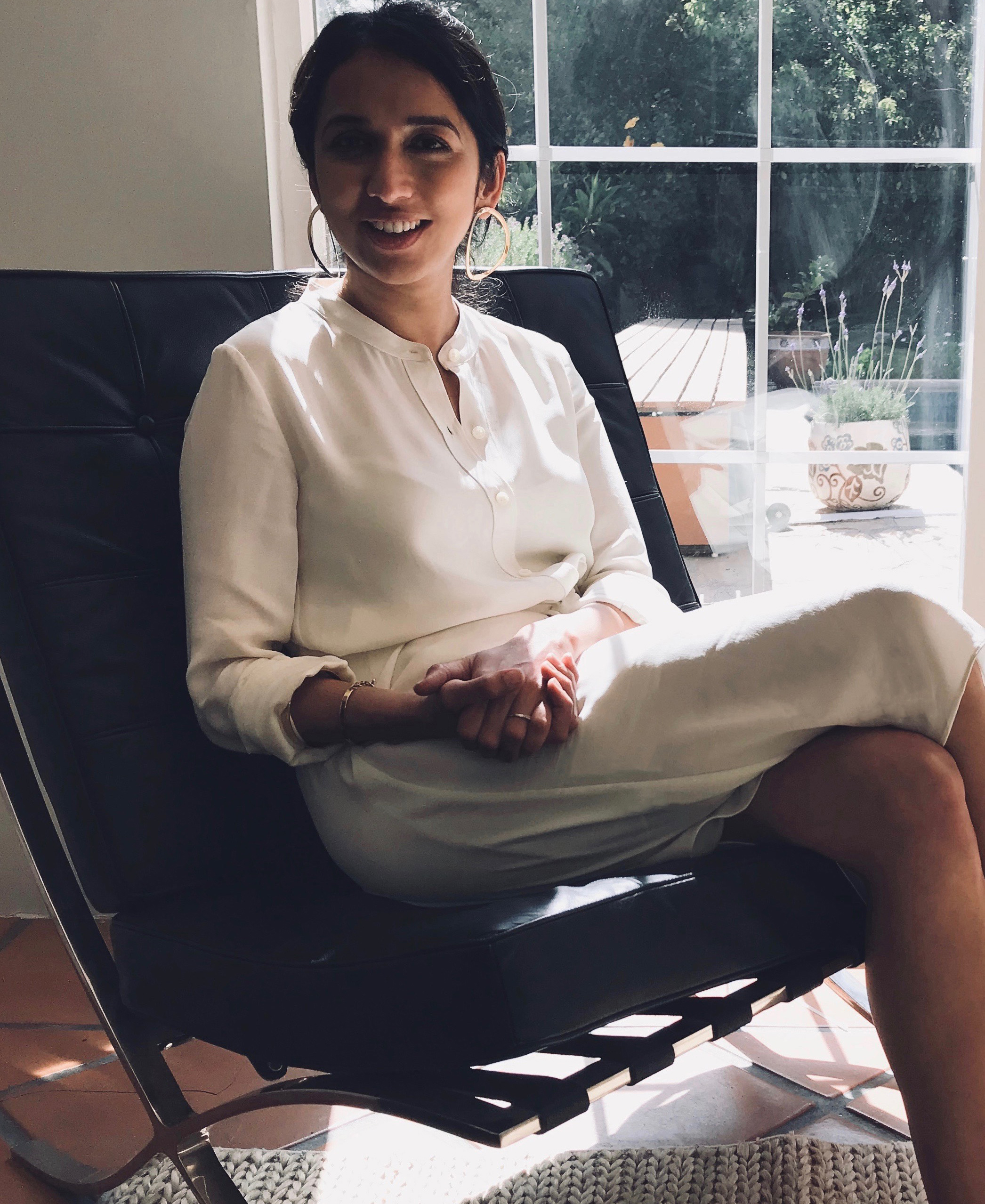
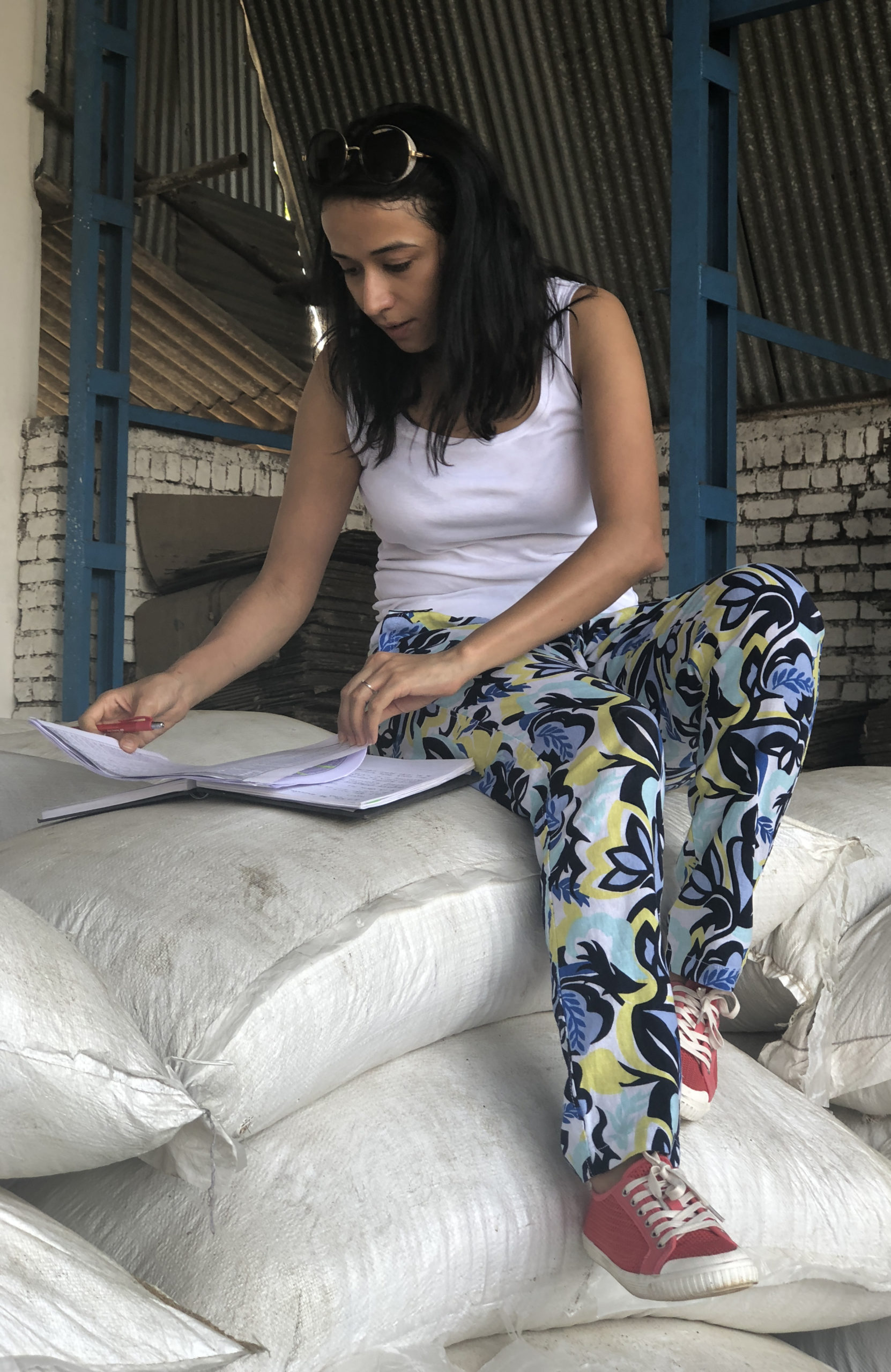
You created your own business in UMA rather than taking over the centuries-old family operation. How do the two businesses differ?
We have hundreds and hundreds of these formulas within the family [that have been custom-made for Indian royalty and local consumers]. To bring them to market [and create UMA], I sat with my family and talked about the problems I saw most commonly in Western audiences. Then [we had to] narrow those formulas down to decide which ones would help and impact the most number of lives based on my interpretation of what I’d seen. That’s how the formulas were architected.
How old were you when you decided that you didn’t want to take over the family business?
In a way, I think it would be appropriate to say I was today years old because that journey evolves every day. I don’t think it’s possible to fully internalise what you’re taking on when you step into shoes that have been built by hundreds of men and women that precede me, not just from my family but also the amazing artisans, craftsmen and farmers. To more formally answer that question, I would say when I turned 30. Before then, I’d been [ticking boxes] doing everything my mother wanted me to do.
With the business background that you have, you must have been well aware before launching UMA that the beauty market is crowded. What is UMA’s point of difference?
My heart told me that there was something intrinsically special about the heritage [of our family business], all of the love and experience and hard work that goes back generations.
Practically speaking, it came down to looking at what people were seeking and what brands or products were out there, and giving it to them in that hyper-specialised fashion. For UMA, it came down to organic purity and being accountable from start to finish – you can show up at our farm, kind of like a winery and talk to someone about the 2019 vintage rose oil.
Second to this, around 2016, when UMA was launching and in the four or five years since, wellness has become bigger than it ever was, and I was starting to see the seeds of it. There were wellness companies (who sold pills and potions) and there were beauty companies but Ayurveda [a system of traditional medicine native to India] has never thought about them distinctly. Why should I? They’re one in the same.
UMA is a global business that is only getting more popular; meanwhile, your own personal profile is also growing. Is your position as a role model to other Women of Colour something that you take seriously?
This is something I’m working on in terms of embracing [work-related challenges] confidently which I realise can be a gender issue as well. [A male] my age and in my roles would maybe be able to puff up their chest more and say yes, I deserve the things that have come my way. At the same time, I think that a sense of humility and gratitude to everyone who’s helped you along the way can be an asset.
I do feel that I’m here because another woman [with a powerful job] took her job seriously. I’m constantly amazed by the kind of people who would write back to me, agree to speak with me, give me guidance and career advice, and help me navigate stuff and make calls for me for no good reason – except that they wanted to see another woman succeed.
One random piece of advice that I read in a book about getting comfortable with asking for stuff was that whenever you check into a hotel, always ask for an upgrade. What’s the worst that can happen? They’ll say sorry ma’am, we don’t have one. I started to find myself getting more and more comfortable asking for stuff because nine out of 10, they went ‘yeah we have that ocean view available’. You learn that it’s not so bad to ask. People want to hear the things you ask; we just get cagey about asking.

There are a lot of beauty brands out there. (Emphasis on a lot.) And every single one of those brands has a founder with a story to tell. We’ll be honest, sometimes those stories all start to sound the same – that is, until we spoke to Shrankhla Holecek, founder of UMA Oils.
UMA is a skincare and wellness brand with roots in 5000-year-old wisdom of Ayurveda and an emphasis on overall wellbeing. Technically speaking, UMA was founded in 2016; however, there’s a bit more to it than that. Holecek’s family runs an 800-year-old company that harvests essential oils in India and distributes them throughout the world to everyone from Estee Lauder to Tom Ford. Between the two of us, the Holeceks are damn good at what they do – so good in fact, they’ve been the Ayurvedic physicians for the Royal Family in India for centuries and the gatekeepers of custom-blend oils that have been passed down through generations.
Now, regular joes like you or I have access to these formulas that were previously kept under lock and key; Holecek has taken the essential oils farmed by her family and bottled them in a way that is accessible to Westerner consumers. UMA products fall into three categories (although if you subscribe to Ayurveda, all three are intrinsically linked): skincare, body care and holistic healing. UMA has a full skin and body offering (think oils, toners, masks, etc.) along with wellness oils (to foster feelings of calm, energy and bliss) and supplements.
Growing up in India, it was expected that Holecek would graduate and take over the family business – but she had other plans. While she did eventually make her way back to the essential oil game – by way of her own business in UMA – Holecek forged her own path, first studying engineering before doing an MBA at The University of California in Los Angeles and then working as a consultant at McKinsey and Company.
In this interview, Holecek speaks to Gritty Pretty about growing up in India and the responsibility her family has to its employees, what it takes to launch a global beauty business, how to cultivate self-confidence and why you should always (always!) ask for a hotel upgrade.
Shrankhla, hi! Before we dive into all-things UMA, we’d love to know more about you. First of all, where did you grow up and what was your childhood like?
My family lives and farms in central India which is a beautiful but also very rural part of India. They were based there when I was growing up and they are still based there. I spend my summers and winters at my family home but my mother wanted me to go to boarding school because education wasn’t quite as developed in that part of India. So I went to boarding school in the northern part of India, at the foothills of the Himalayas.
When I was very young, I remember having a close connection to nature; I remember appreciating all of the earthiness and flowers that surrounded me. We also lived in harmony with the animals. Going to boarding school was an interesting [experience]. For the first time, I was exposed to a very fast-paced way of life that I hadn’t seen before.
Your family runs an 800-year-old company that supplies some of the world biggest beauty brands — including Estee Lauder and Tom Ford — with essential oils. Is it true that your relatives have been supplying the Indian Royal Family with custom-blend essential oils for centuries?
Yes, that is true. [Ayurvedic blends] are all individually crafted so over the years, we developed hundreds of formulas for a King or a Queen that was particularly stressed or a baby that was very colicky and had some kind of skin eczema versus a Prince or a Princess that had a different kind of ailment. There was a lot of individual crafting and over the years.
Growing up on the farms where your family grew and harvested its oils, you must have taken in a lot of information by osmosis. Looking back on that time, what did you learn from the way your family conducts business?
I’d start by underscoring the word family in the business [because] it is truly a business architected around people. Family was a very important part of how my grandfather and father raised the business and the community around it. People are relied upon to bring their best and their best is always what the company looks after. It’s a very non-financially motivated business in many ways.
Your farms have a free of charge health clinic as well as equal pay for women. Can you tell us more about the working conditions that your family has created?
There are unique things that make situations impossible for people to work in, no matter how much you pay them. In India, especially in rural communities, people can’t be financially successful until they can come to work and they can’t come to work if they’re sick every other day and the only hospital is three hours away. Thinking about 360 infrastructure is critical to develop each individual’s work plan, motivations and incentives.
UMA is still small so I’m able to do that capably [with my own employees] by trying to understand what a person’s circumstances are and what degree of flexibility they need… We don’t have hard and fast rules but we try to create an environment that supports them to be the best they can be.

You created your own business in UMA rather than taking over the centuries-old family operation. How do the two businesses differ?
We have hundreds and hundreds of these formulas within the family [that have been custom-made for Indian royalty and local consumers]. To bring them to market [and create UMA], I sat with my family and talked about the problems I saw most commonly in Western audiences. Then [we had to] narrow those formulas down to decide which ones would help and impact the most number of lives based on my interpretation of what I’d seen. That’s how the formulas were architected.
How old were you when you decided that you didn’t want to take over the family business?
In a way, I think it would be appropriate to say I was today years old because that journey evolves every day. I don’t think it’s possible to fully internalise what you’re taking on when you step into shoes that have been built by hundreds of men and women that precede me, not just from my family but also the amazing artisans, craftsmen and farmers. To more formally answer that question, I would say when I turned 30. Before then, I’d been [ticking boxes] doing everything my mother wanted me to do.
With the business background that you have, you must have been well aware before launching UMA that the beauty market is crowded. What is UMA’s point of difference?
My heart told me that there was something intrinsically special about the heritage [of our family business], all of the love and experience and hard work that goes back generations.
Practically speaking, it came down to looking at what people were seeking and what brands or products were out there, and giving it to them in that hyper-specialised fashion. For UMA, it came down to organic purity and being accountable from start to finish – you can show up at our farm, kind of like a winery and talk to someone about the 2019 vintage rose oil.
Second to this, around 2016, when UMA was launching and in the four or five years since, wellness has become bigger than it ever was, and I was starting to see the seeds of it. There were wellness companies (who sold pills and potions) and there were beauty companies but Ayurveda [a system of traditional medicine native to India] has never thought about them distinctly. Why should I? They’re one in the same.
UMA is a global business that is only getting more popular; meanwhile, your own personal profile is also growing. Is your position as a role model to other Women of Colour something that you take seriously?
This is something I’m working on in terms of embracing [work-related challenges] confidently which I realise can be a gender issue as well. [A male] my age and in my roles would maybe be able to puff up their chest more and say yes, I deserve the things that have come my way. At the same time, I think that a sense of humility and gratitude to everyone who’s helped you along the way can be an asset.
I do feel that I’m here because another woman [with a powerful job] took her job seriously. I’m constantly amazed by the kind of people who would write back to me, agree to speak with me, give me guidance and career advice, and help me navigate stuff and make calls for me for no good reason – except that they wanted to see another woman succeed.
One random piece of advice that I read in a book about getting comfortable with asking for stuff was that whenever you check into a hotel, always ask for an upgrade. What’s the worst that can happen? They’ll say sorry ma’am, we don’t have one. I started to find myself getting more and more comfortable asking for stuff because nine out of 10, they went ‘yeah we have that ocean view available’. You learn that it’s not so bad to ask. People want to hear the things you ask; we just get cagey about asking.

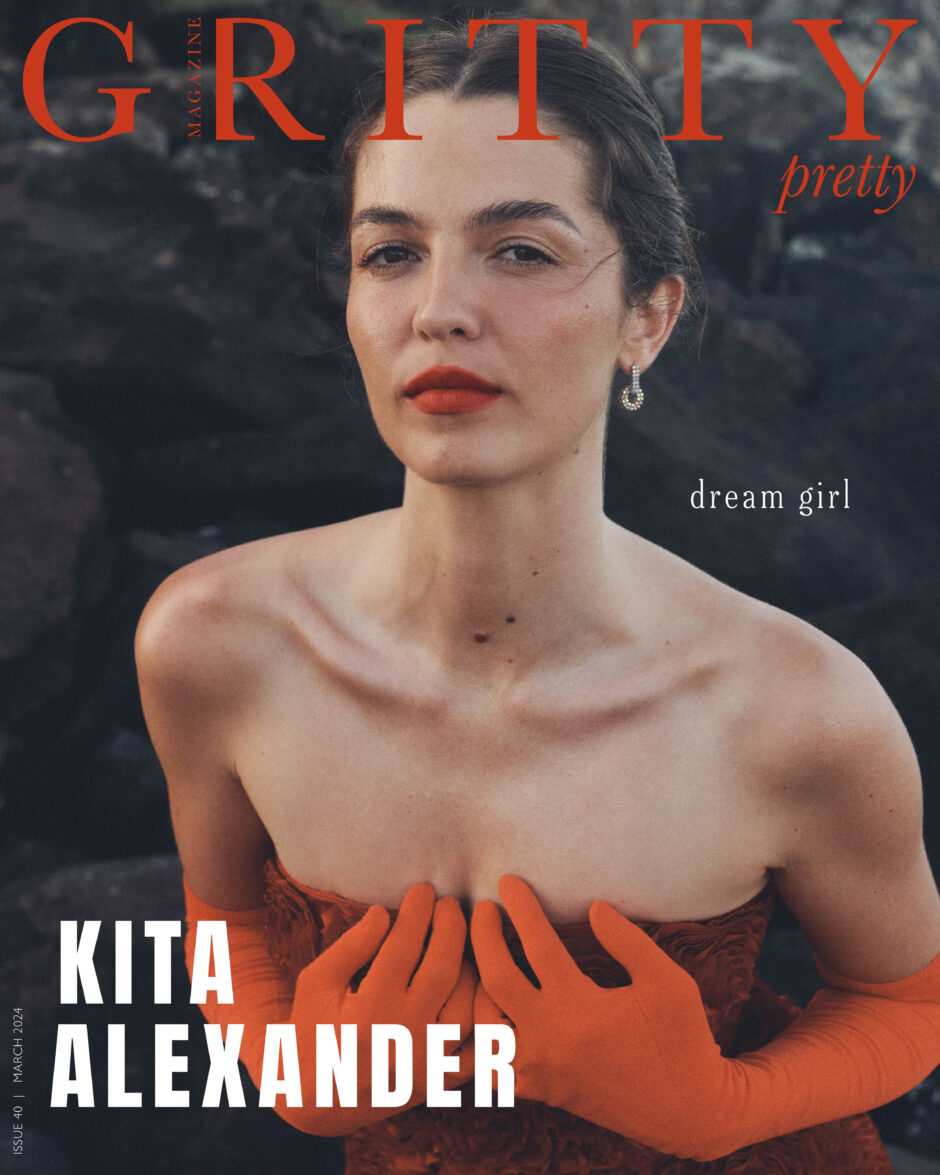
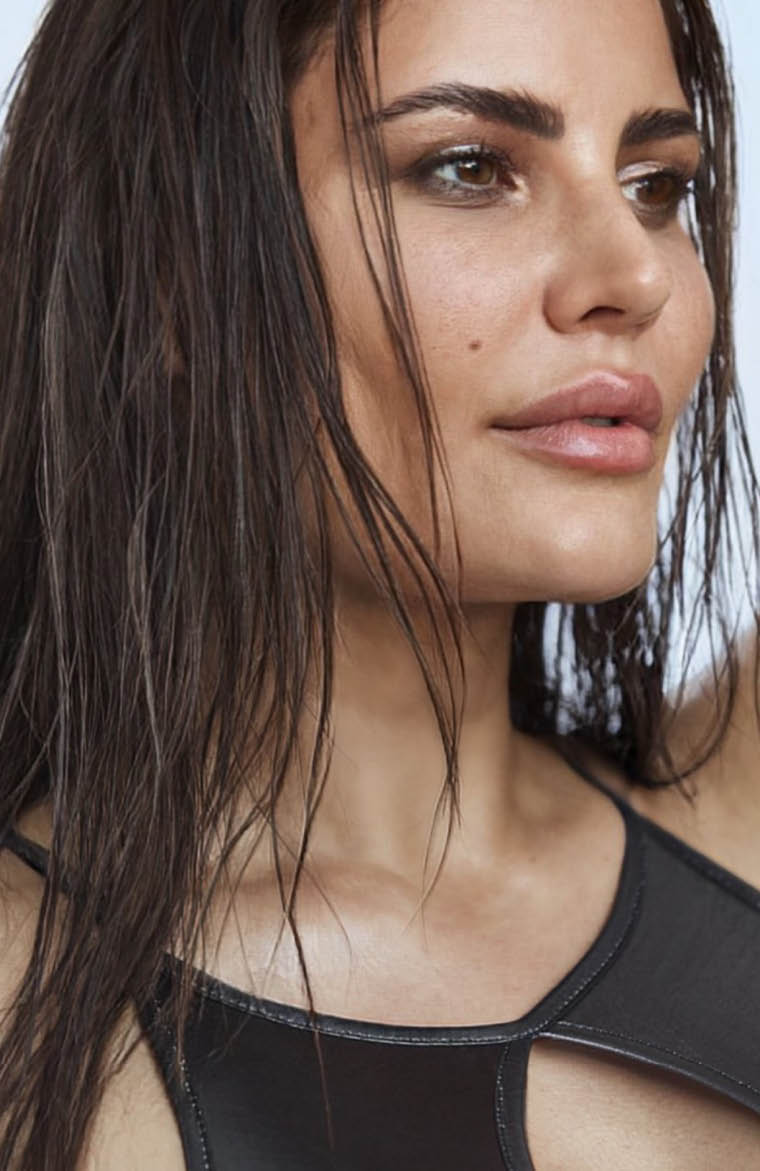
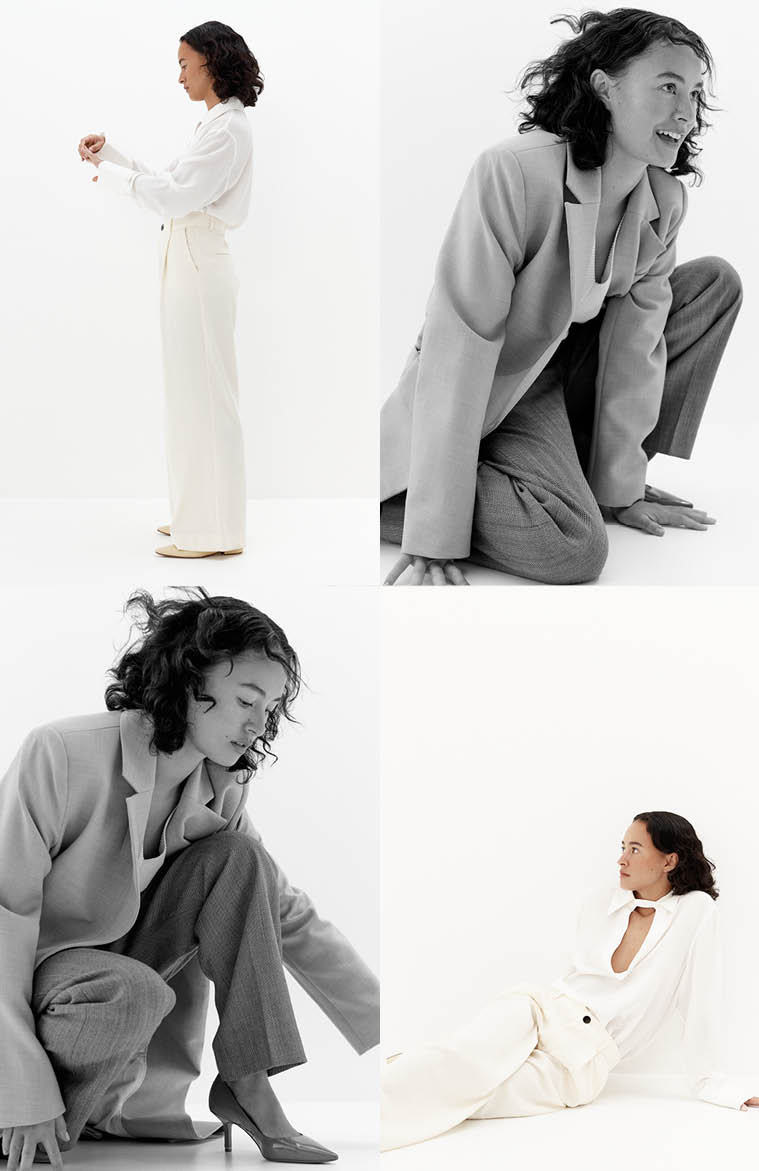
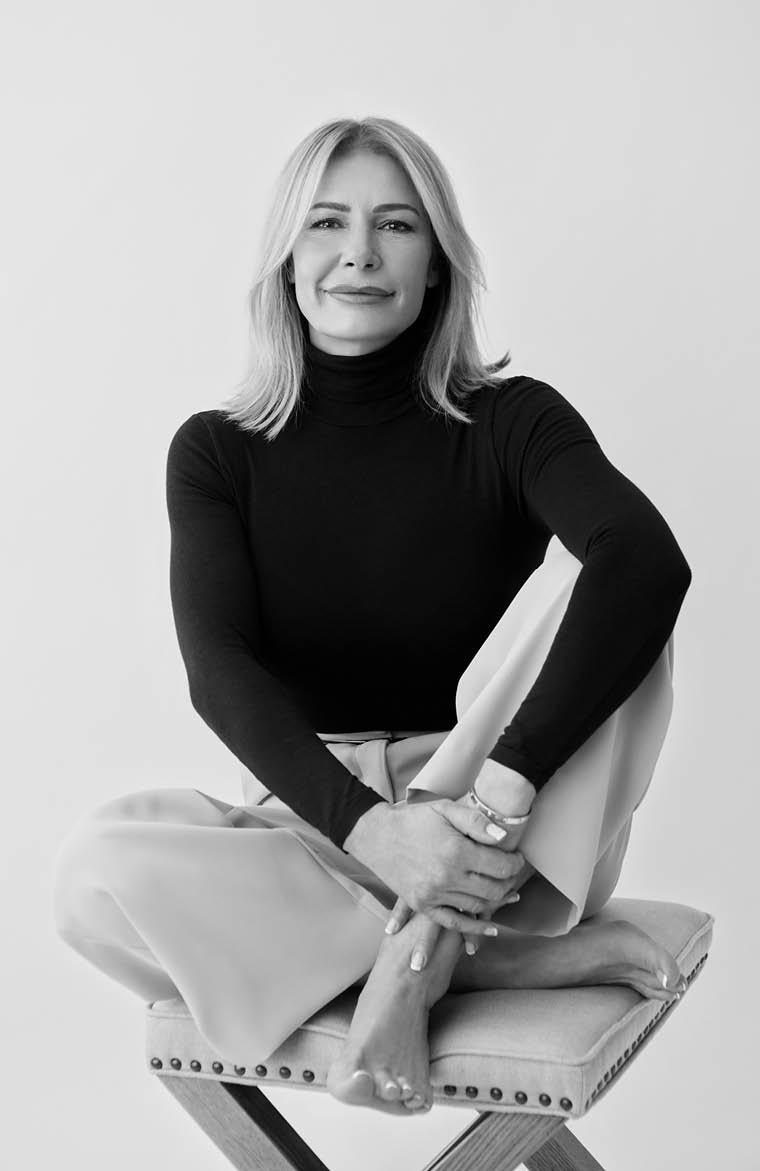



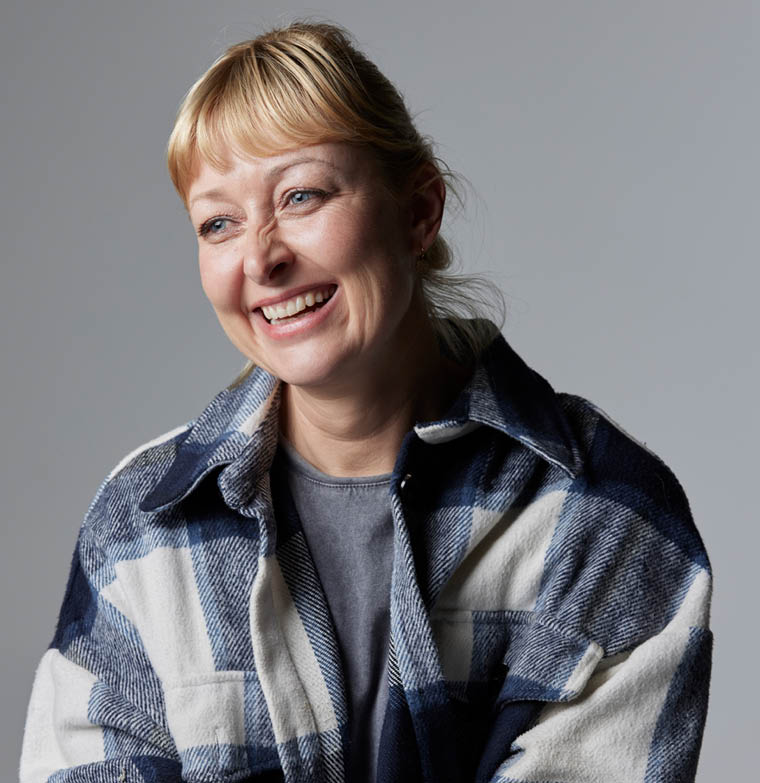
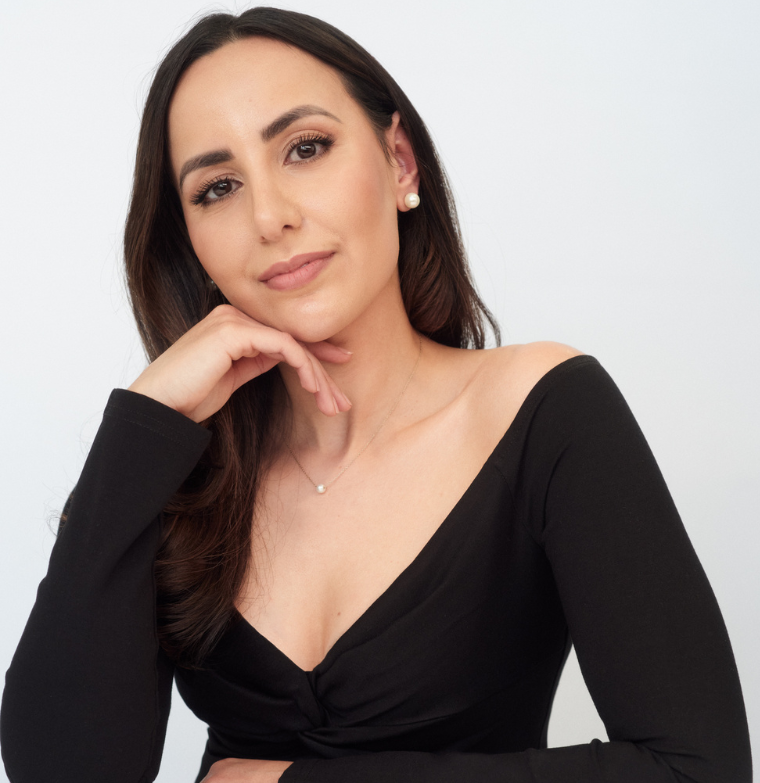
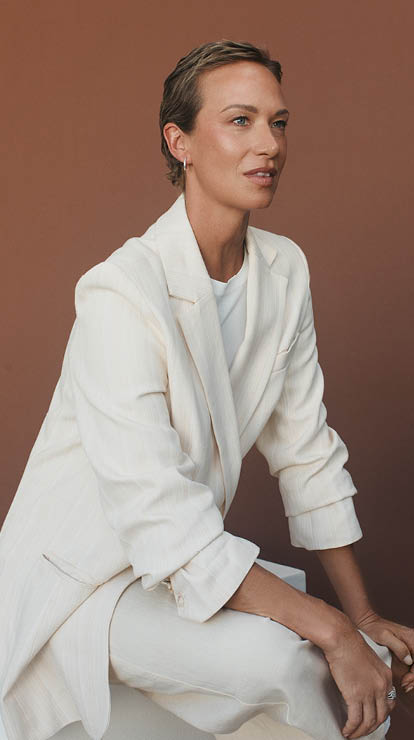

Comments